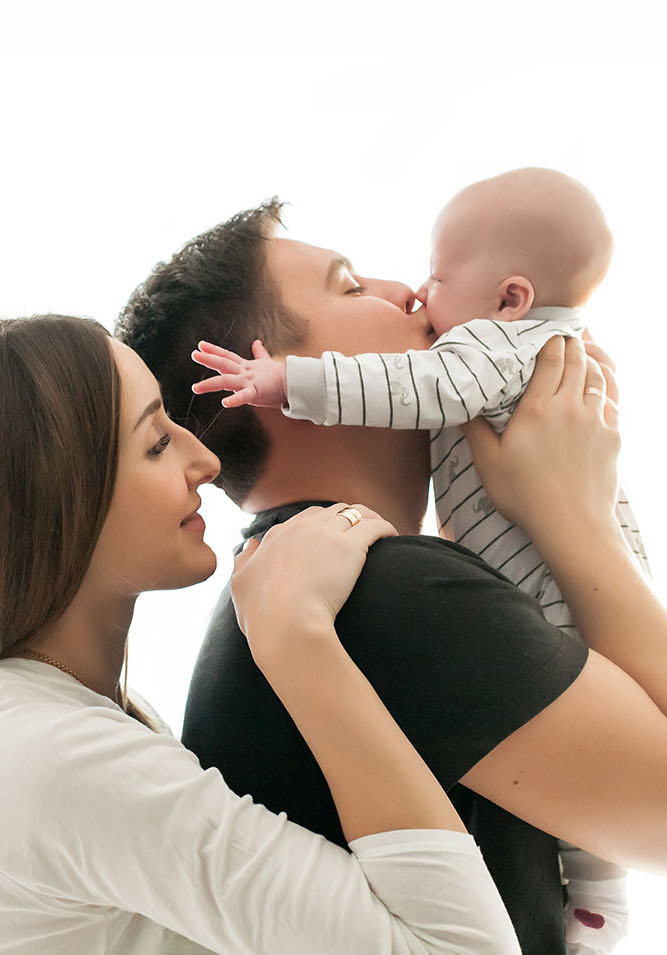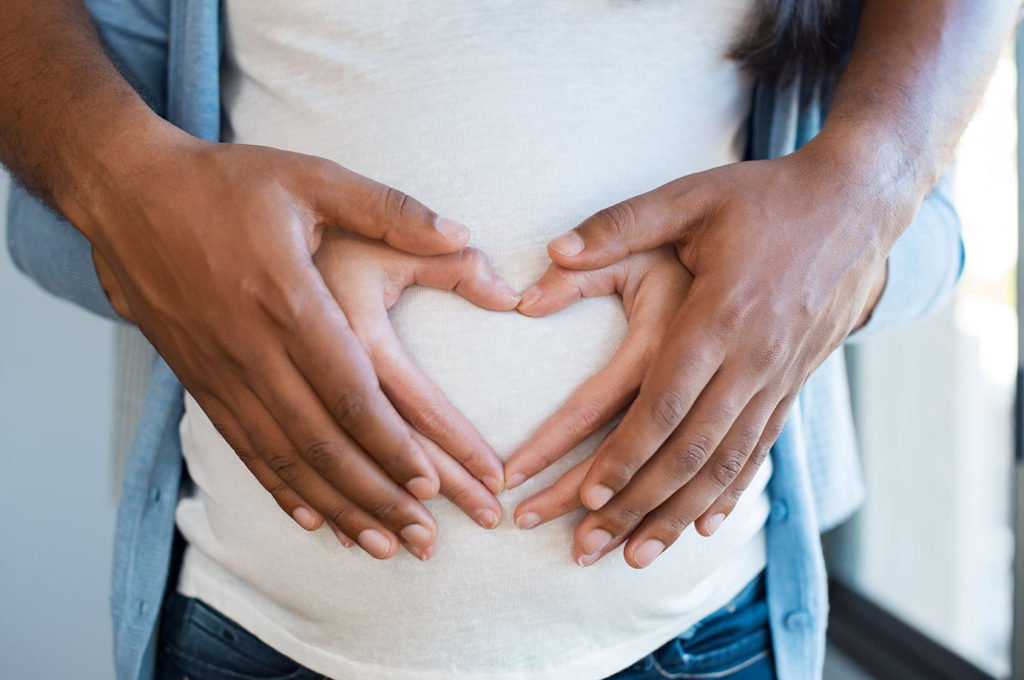
Pregnancy… igniting an intimate dance between a mama and her baby
We hear a lot about the “baby blues” (feelings of increased stress and anxiety) shortly after birth, but mood changes can creep up during pregnancy, and our impact partners, too. Some mood changes are completely normal; after all, a woman’s body is going through the most change it’s experienced since her own birth! But sometimes, the mood changes don’t go away, or they become more severe. In fact, 15-20% of women experience more significant symptoms of depression or anxiety (Postpartum Support International (PSI)).
Depending on many things such as hormones, how a baby was conceived, current relationship and/or living situation, previous and current mental health, support system, etc., therapeutic support may be helpful. Postpartum mood disorders can be treated with appropriate support.



